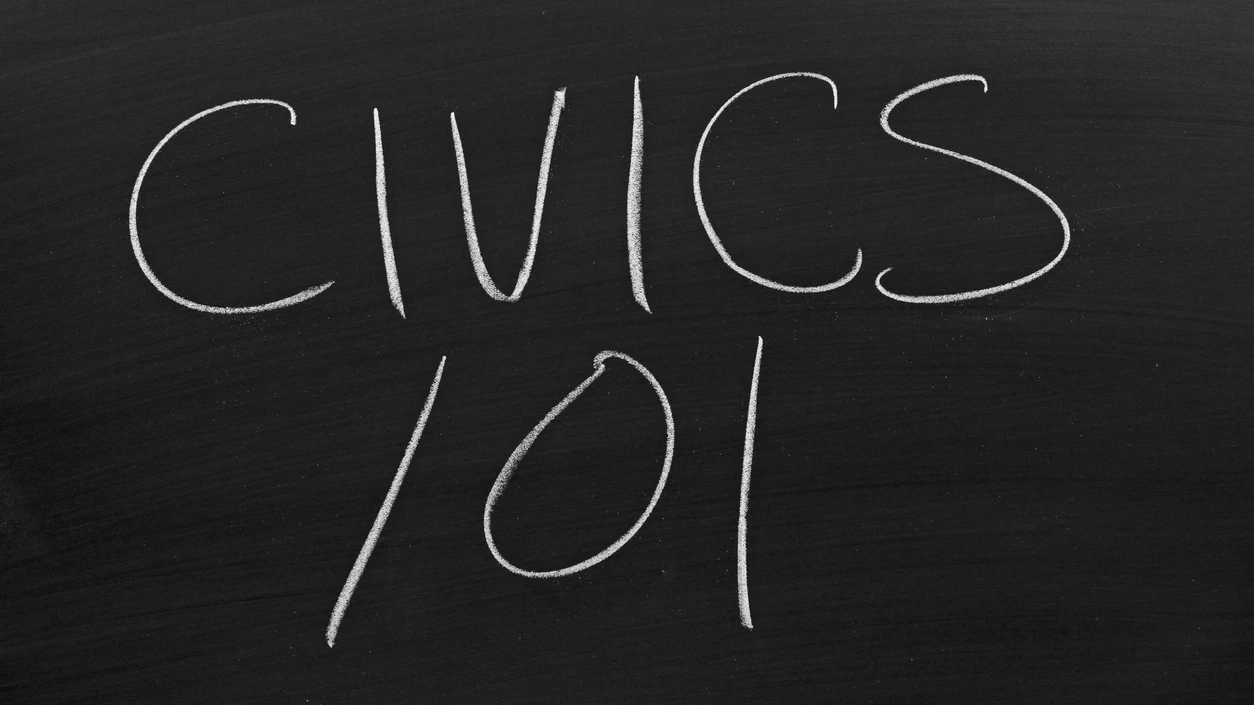Prison reform advocates have urged Gov. Josh Green to reconsider a $30 million investment into a “superjail” to replace the O‘ahu Community Correctional Center.
A state budget bill currently on Green’s desk includes an item dedicating $30 million for plans, land acquisition, design and construction for a new OCCC to replace the current aging and dilapidated jail.
The full replacement jail is estimated to cost upwards of $900 million and would have more than 1,300 beds, compared to OCCC’s 950.
But a coalition of reform groups gathered at Green’s office Wednesday urging him to strike that item from the budget.
“Hawai’i is at a crossroads,” said Liam Chinn, coordinator of the Reimagining Public Safety in Hawai‘i Coalition, a group of organizations and residents that promotes “decarceration” policies. “We can either spend a billion dollars on a superjail or pursue more cost-effective solutions.”
Chinn said that increasing the total number of beds at the jail will only incentivize law enforcement agencies to fill them, which will inevitably lead to the same overcrowding and understaffing issues that already plague OCCC.
“This means more kanaka maoli will be put in cages,” Chinn said.
Chinn said that about 60% of Hawai‘i's jail population are merely being held pre-trial for minor crimes, and needn’t be imprisoned at all if they could just afford bail.
Chinn acknowledged that OCCC’s current conditions are unacceptable, but added that any new jail facility will take five years or more to actually be usable. Decarceration policies, he said, are quicker.
The state should therefore invest in a smaller facility to improve conditions at OCCC and a “historic expansion” of social programs and crisis centers to divert offenders from prisons and toward rehabilitative services, Chinn said.
Nikos Leverenz of the Drug Policy Forum of Hawai‘i said it costs about $200 a day to keep someone incarcerated in the state, but, according to the National Center for Drug Abuse Statistics, Hawai‘i is the third cheapest state in the nation for outpatient drug rehabilitation services.
“Not many things are cheap in this state,” Leverenz said. “But treatment is.”
Carrie Ann Shirota, ALCU of Hawai‘i's policy director, said municipalities in states such as New Jersey and Indiana have introduced programs that have decreased incarceration rates and also crime rates. For example, bail reform policies in Indiana’s Cass County reduced the county’s pre-trial jail population by 80%, through a series of reforms that allowed people who couldn’t afford bail for minor offenses recourse.
The coalition presented a series of budget recommendations to Green’s office, which urged the governor to pause planning for the jail and instead invest $250 million into “diversion infrastructure” — policies aimed at connecting offenders to support and treatment services.
Those recommendations noted that 40% of Hawai‘i's jail population are homeless, which, along with poor reentry programs to help ease former inmates back into society, results in high recidivism rates. The state should instead into permanent supportive housing programs, the coalition recommended.
While that investment would be high — the coalition recommended a minimum of $150 per year — Chinn said such programs cost an average of $30,000 per person per year, compared to the $112,000 per person per year it costs to incarcerate someone.
Other recommended investments included $80 million in workforce training programs, $200 million in mental health and substance abuse treatment, and $75 million in youth development programs.
Green was not present to receive the coalition’s recommendations, however.
The deadline for Green to announce what he intends to veto is June 24.





